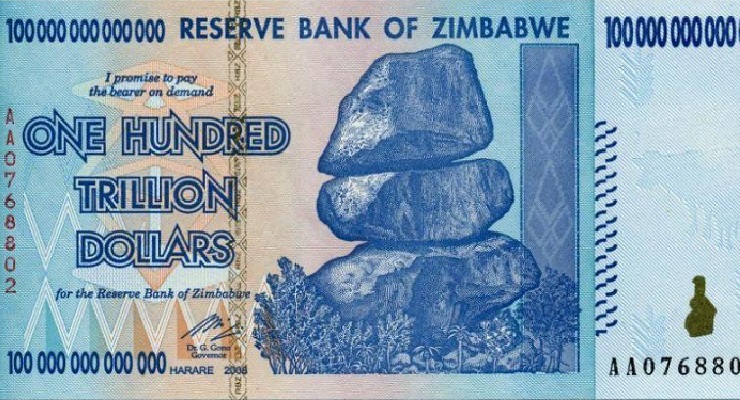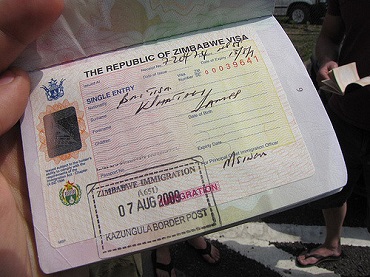
In my previous articles I stated that a free and fair election is an election that produces a result that is acceptable to both the victor and the defeated. The result must be legitimate and beyond contestation as was the case in Ghana and the United States presidential elections last year.
This is a far cry of general election in Zimbabwe where disputed election provided has been under the spotlight since 2000 parliamentary election. Holding highly contestable and controversial elections in which the result has almost invariably been challenged and contested has created conflicts and undermined development in Zimbabwe.

The ruling ZANU-PF party has refused to accept any attempts to initiate electoral reforms. They argue that they cannot reform themselves from power. In 2015 electoral watchdog Electoral Resource Center (ERC) and a host of other Non-Governmental Organizations (NGOs) sponsored a petition to parliament which culminated in a nationwide electoral reform consultation conducted last year by the parliamentary committee on Justice, Legal and Parliamentary Affairs. Sadly, the findings have not been made public. However, judging from media reports during the consultation phrase shows that some participants were being partisan and violent which led to cancellation of at least two hearings.
Unlike in Kenya where opposition early last year staged a series of weekly demonstrations that resulted in government conceding to some of their electoral reforms demands, Zimbabwe’s opposition parties have been unlucky when they tried the same strategy towards the end of last year. A solution seemed to be beckoning when Zimbabwe Electoral Commission announced monthly meetings with political parties to discuss their grievances. However, since the first meetings last year no meaningful reforms have been undertaken by the government. Some of the contentious issues that require reforms include:
- Opening public media to opposition parties and candidates.
- Independence and reconstitution of the Zimbabwe Electoral Commission.
- Ensure traditional Chiefs are not used for political mileage by any party.
- Provision of continuous voter education and registration.
- The issue of voter-buying and use of food aid for electioneering.
- Diaspora vote and for those will be in hospitals and prison.
As we approach the harmonized elections to be held in 2018, it’s not a secret that Zimbabwe’s political stability and socio – economic development hinges upon the holding of a general election that will be free and fair; a plebiscite that will easily pass a test of legitimacy. It remains to be seen whether the government will do the right thing to allow a level playing field for all political parties and candidates.
Leave a Reply